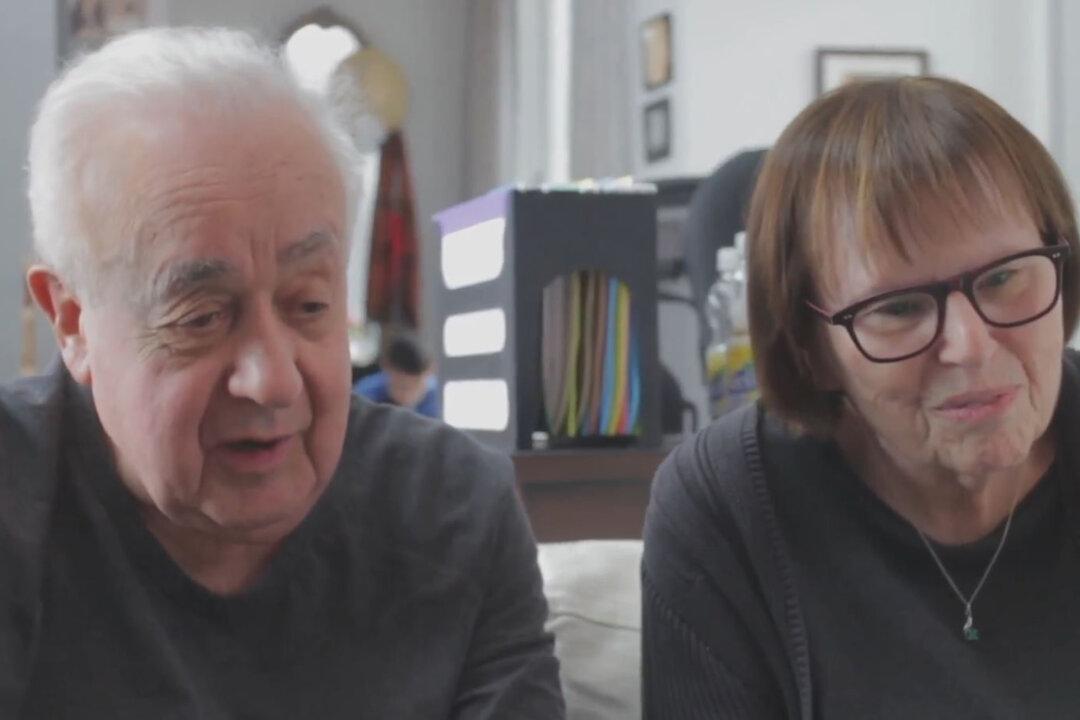Commentary
EpochTV Reviews
Opinion
‘Finding Manny’: A Holocaust Survivor’s Story of Hope
Award-winning Documentary Is More Relevant Than Ever

Manny Drukier, with his wife Freda, in “Finding Manny.” Long Trek Home Productions
Emily is a writer for The Epoch Times and a freelance political journalist. With an extensive background in Political Communication and Journalism, she is committed to serving her country by bringing the truth about important issues of the day to the American people.
Author’s Selected Articles




